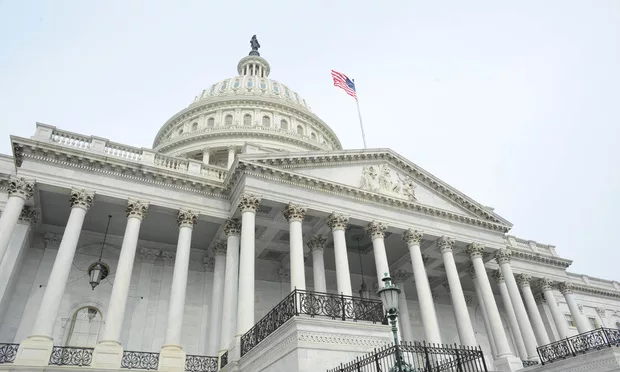
Congress Pressed to Regulate AI in Healthcare: Key Leaders Speak Up
TL/DR –
Artificial Intelligence (AI) is being increasingly used in healthcare, with industry leaders recently meeting with Congressional leaders to discuss the benefits and pitfalls of this technology. Concerns have been raised about implicit bias in AI healthcare that could result in discrimination against patients based on demographics. Regulations have been suggested to ensure equitable use of AI in medicine, with potential measures including a national data privacy standard and training AI systems on “gold-standard data sets” to avoid bias, along with an AI Bill of Rights proposed by President Biden to improve transparency and accountability.
AI in Health Care: Congress Discusses Pitfalls and Protections
As Artificial Intelligence (AI) permeates every facet of society and the economy, its presence within the health care sector is growing. Late in November, health care leaders met with Congress to discuss AI usage, outlining potential issues it could cause.
At a recent hearing on AI in health care, concerns were raised about implicit AI bias that could lead to patient discrimination based on demographics. Congress was urged to consider AI training procedures that may result in bias.
E&C Chair Cathy McMorris Rodgers (R-Wash.) and Health Subcommittee Chair Brett Guthrie (R-Ky.) stated, “This hearing will provide insight on AI current usage and the necessary guardrails, such as a national data privacy standard, to safeguard privacy.”
Senior product manager at Transcarent, Benjamin Nguyen, explained, “Generative [large language models] must be ‘trained’ on vast volumes of written language, hence inheriting the inherent biases of human experience.”
Dr. David Newman-Toker of Johns Hopkins University School of Medicine suggested using “gold-standard data sets” in AI training to prevent “converting human racial bias into hard and fast AI-determined rules.”
Another concern is ensuring AI does not harm patients. Despite its potential to detect diseases early, improve technology, and reduce paperwork, bias and discrimination issues remain. President Biden proposed an AI Bill of Rights last year requiring AI developers to publish training information and usage guidelines for their apps. Although still under development, this rule could enhance transparency and accountability in health-sector AI applications.
These developments follow the American Medical Association’s Principles for Augmented Intelligence Development, which advocates for liability and transparency regulations.
“AI to improve medical diagnosis poses significant risks but also offers large opportunities for positive impact,” wrote Dr. David Newman-Toker. “Carefully crafted regulations, innovative payment incentives, and new research resources are needed to address barriers to deploying high-quality AI systems; otherwise, risks will dominate.”
—
Read More Health & Wellness News ; US News
